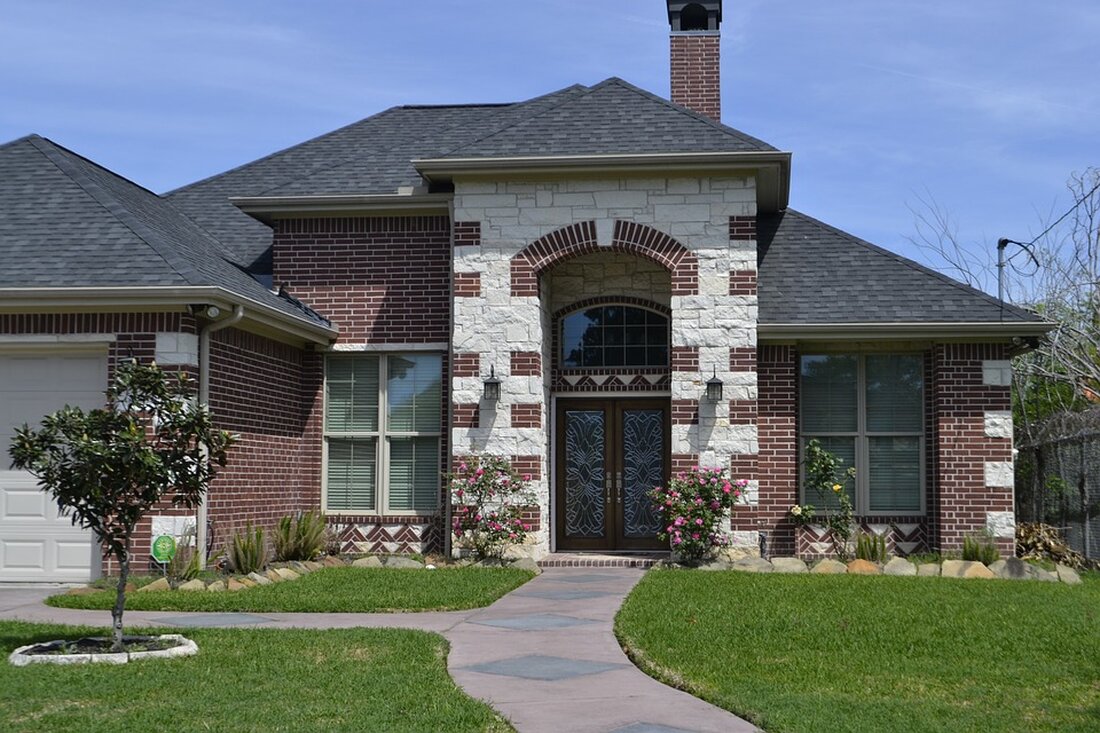Tenants in metropolises: ancillary costs rise strongly and burden households
Increasing additional costs burden rental households in Germany: In the large metropolises, the incidental rental costs have increased by up to 20 percent since the 2022 energy crisis. Find out in our article why existing apartments in particular are more affected and what financial effects this has for tenants. Everything about the developments of the additional costs and their shares in the overall rent can be found here.

Tenants in metropolises: ancillary costs rise strongly and burden households
shock for tenants! The ancillary costs rise explosively! An alarming analysis by immoscout24 researches the effects of the 2022 energy crisis on rental prices in Germany and the big cities. What does this mean for the tenants in the metropolitan areas?
In the past two years, the additional costs for existing apartments in Germany's cities have increased by breathtaking 20 percent! The average values speak a clear language: tenants in the metropolises now have to plan around 421 euros more in additional costs than the rest of the country. This sudden increase hits many households in the middle of the budget - and at a time when the cold rents are already rising suddenly!
a double blow for the wallet!
"Rising energy prices, inflation and higher wage costs drive up the ancillary costs and put a strain on tenants who suffer from increasing cold rents anyway," warns Dr. Gesa Crockford, Managing Director of Immoscout24. This means that not only the rent as such is more expensive, but also the associated additional costs explode and ensure a double burden on households in Germany.
In detail, IMMOSCOUT24's survey shows that the monthly additional costs in the metropolises have increased dramatically with an average of 3.45 euros per square meter. For comparison: two and a half years ago it was 2.87 euros. An increase of 20.2 percent - and that's not all! While the costs continue to skyrocket, the tenants are forced to act.
ancillary costs as the main problem for tenants
The new apartments are also affected by this price spiral, although not as strong as the inventory rents. Here the increase has been over 10 percent since the beginning of 2022. For new buildings in the cities, the tenants pay an average of EUR 3.48 per square meter. But the differences to the rest of the republic are unmistakable: for a new construction apartment, tenants in the metropolises have to expect 44.10 euros more! This makes almost 530 euros for the year - an additional burden that many can no longer manage.
The additional costs, which are also called operating costs, include essential services such as heating costs, water or garbage disposal. But while the cities suffer from the high prices for services, rural areas are not spared: the percentage of additional costs at the overall rent is higher. The tenants outside the cities pay less in absolute numbers, but a larger part of their income is on it for these factors.
An Immoscout24 survey has also shown that 69 percent of private landlords plan to increase their operating costs in the future. This gives evidence of tenants who are already suffering from economic pressure.
summarized Germany's tenants face an enormous challenge: rising cold rent and exploding additional costs drive many people into the financial dilemma! Who will still be able to afford the apartment if the costs continue to increase uncontrollably?

 Suche
Suche
 Mein Konto
Mein Konto
